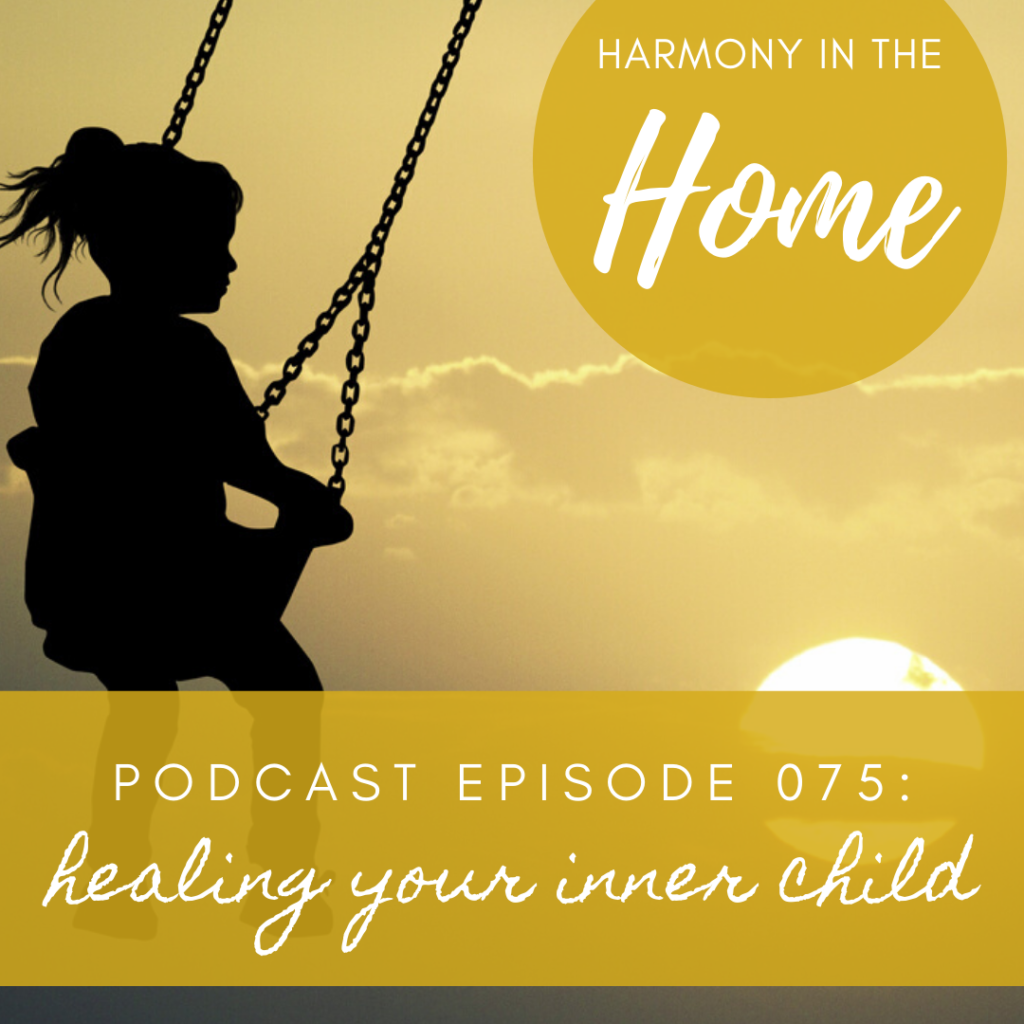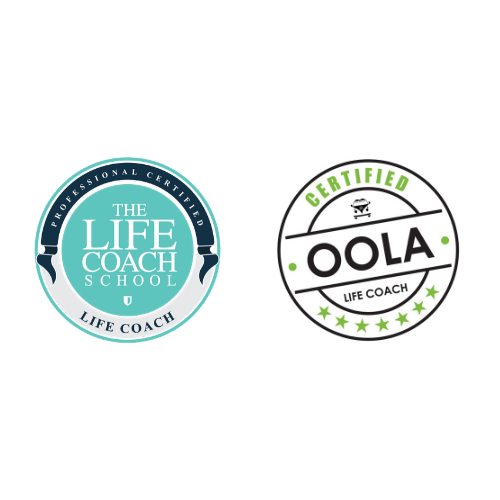Podcast: Play in new window | Download (Duration: 20:10 — 27.7MB)
Subscribe: Apple Podcasts | Android | Google Podcasts | Stitcher | Spotify | RSS

In this episode, I’ll dive into the concept of the “inner child” that resides within each of us. A child is living their life in realtime, but within every adult resides a little version of themselves, a child with specific unmet emotional needs in need of healing. Nicole LePera talks about three steps to healing your inner child: ACKNOWLEDGE your inner child’s pain and trauma, USE your triggers as a guide to your emotional childhood, and ASK your inner child what they need from you to heal.
First: acknowledgement. In episode 45, “Your Parents Lied to You,” I discuss how in every aspect — the way your parents thought about you and said about you, how they talked to you, how they showed (or didn’t show) love — their relationship to you was an outward projection of their own self-image. In one way or another, everyone has sustained emotional trauma from their childhood. As you recognize that you are not exempt from this axiom, you will be able to begin to heal and hopefully traumatize your children less.
Second: use your triggers as a guide. Brooke Castillo calls our broken ego absent a healthy internal guide to processing emotions an “emotional childhood.” That guide is developed by exposing yourself to circumstances that trigger your emotional response and then retaining your maturity despite these triggers. On the grand scale of catastrophic events, Dr. LePera says getting furious about her spouse’s undone dishes was an irrational response rooted in unresolved trauma. If we can say that of another adult’s foibles, we should be so much more forgiving if our children make mistakes!
You may lose your temper when your child forgets a library book, yelling almost to the point of blacking out. (Recognize that, again, this is an inappropriate response to a child’s behavior.) First, become conscious after you’ve been triggered. Observe yourself carefully. Plan ahead to rein in your reactions. Second, become conscious of the trigger while it’s happening, and check yourself immediately. Finally, after much practice, you will become conscious of a potential trigger before it’s happened. The goal is not to eliminate triggers, but to develop the emotional resilience to respond positively to triggers.
Third: ask your inner child what they need from you to heal. Tell your inner child, “now you’re acknowledged. Now you’re seen, now you’re heard, now you’re valued. I’m giving that responsibility to us.” I used to live in “emotional childhood,” and I was always super sensitive. But by affirming myself and showing kindness to my inner child, I have given her the grace and compassion that she needed and wanted when she was younger, and in turn I can give that to my kids.
Don’t beat yourself up if you don’t feel adequate to the task. Parents don’t intentionally hurt their kids, they just don’t have the tools they themselves need. But start learning that emotional literacy so you can tell your kids: “I’m going to make sure you feel valued, make sure you feel seen, make sure you feel heard.” If you didn’t get it when you were growing up, the best way to heal that is to give it to your children now. Your child is here to remind you about your inner child. They are here to teach you where you need to grow, if you’re open to it.
Join my FREE parenting bootcamp!
Let’s Connect! Here’s where you can find me:
Learn more at https://www.coachingkelly.com.

Recent Comments